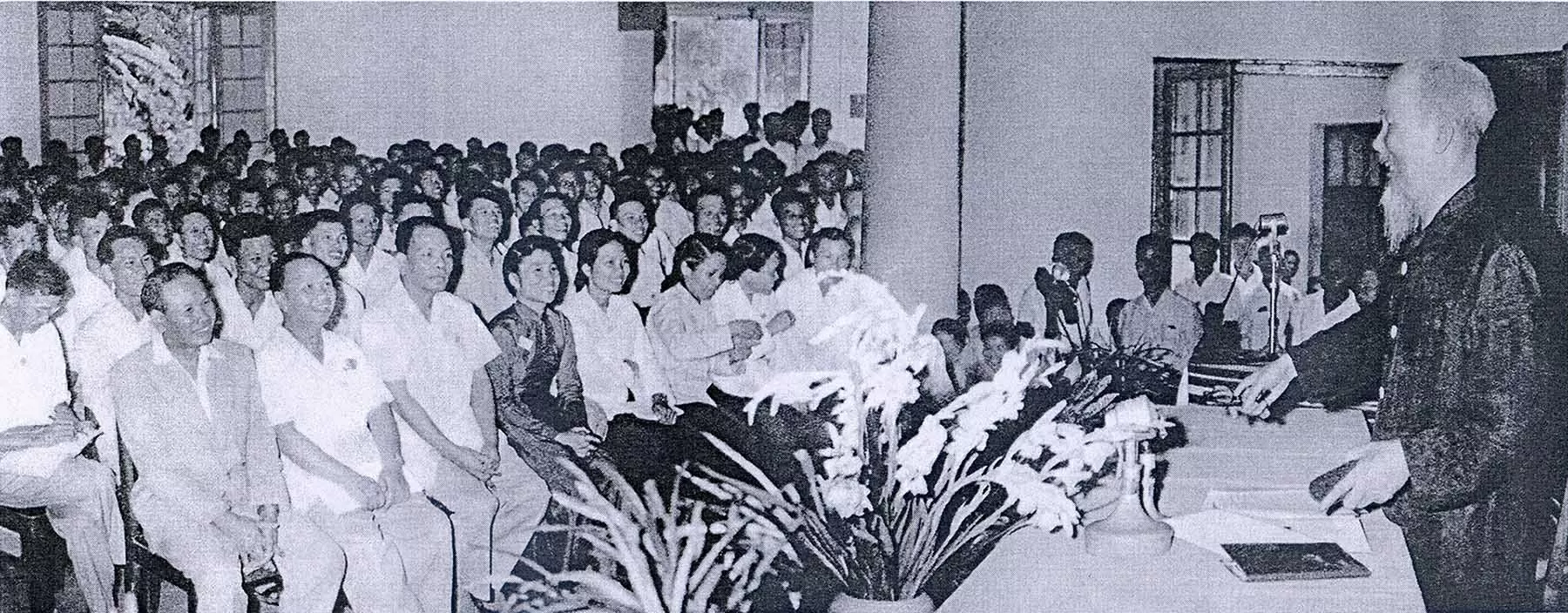 |
| Uncle Ho talked with officials and staff of the Ministry of Foreign Affairs at the first Diplomatic Conference in March 1957. (Photo: Archive) |
This consistency is a valuable legacy of Ho Chi Minh's diplomatic thought, and is the guiding principle for Vietnam's foreign affairs today.
Ho Chi Minh's diplomatic imprint
President Ho Chi Minh's foreign policy ideology was always based on revolutionary practice and national interests. President Ho Chi Minh emphasized the importance of self-reliance and self-improvement. He once said: We must rely on real strength. Real strength is the gong and diplomacy is the sound. The louder the gong, the louder the sound.
Vietnam's foreign policy strategy is guided by the core principles of Ho Chi Minh's diplomatic thought, including maintaining national unity, strengthening international solidarity, making more friends and fewer enemies, and especially valuing relations with neighboring countries, the region, and all major countries. In each national defense war, Vietnam has won diplomatic victories thanks to military success and skillful application of foreign policy practices.
After the resounding victory of Dien Bien Phu, the Geneva Accords of 1954 divided Vietnam at the 17th parallel and the Democratic Republic of Vietnam was recognized in the North. After the Paris Accords were signed in 1973, they brought a ceasefire and forced the US to withdraw all military forces. The People's Army of Vietnam then completely defeated the Saigon government in 1975 and the country was unified under the name of the Socialist Republic of Vietnam in 1976.
Vietnam also won the conflict with the Khmer Rouge in Cambodia. In September 1989, Vietnam completed its withdrawal from Cambodia. Two years later, in October 1991, the Paris Agreement on Cambodia reached a comprehensive political agreement, opening a period of peace and allowing Vietnam to focus on socio-economic development.
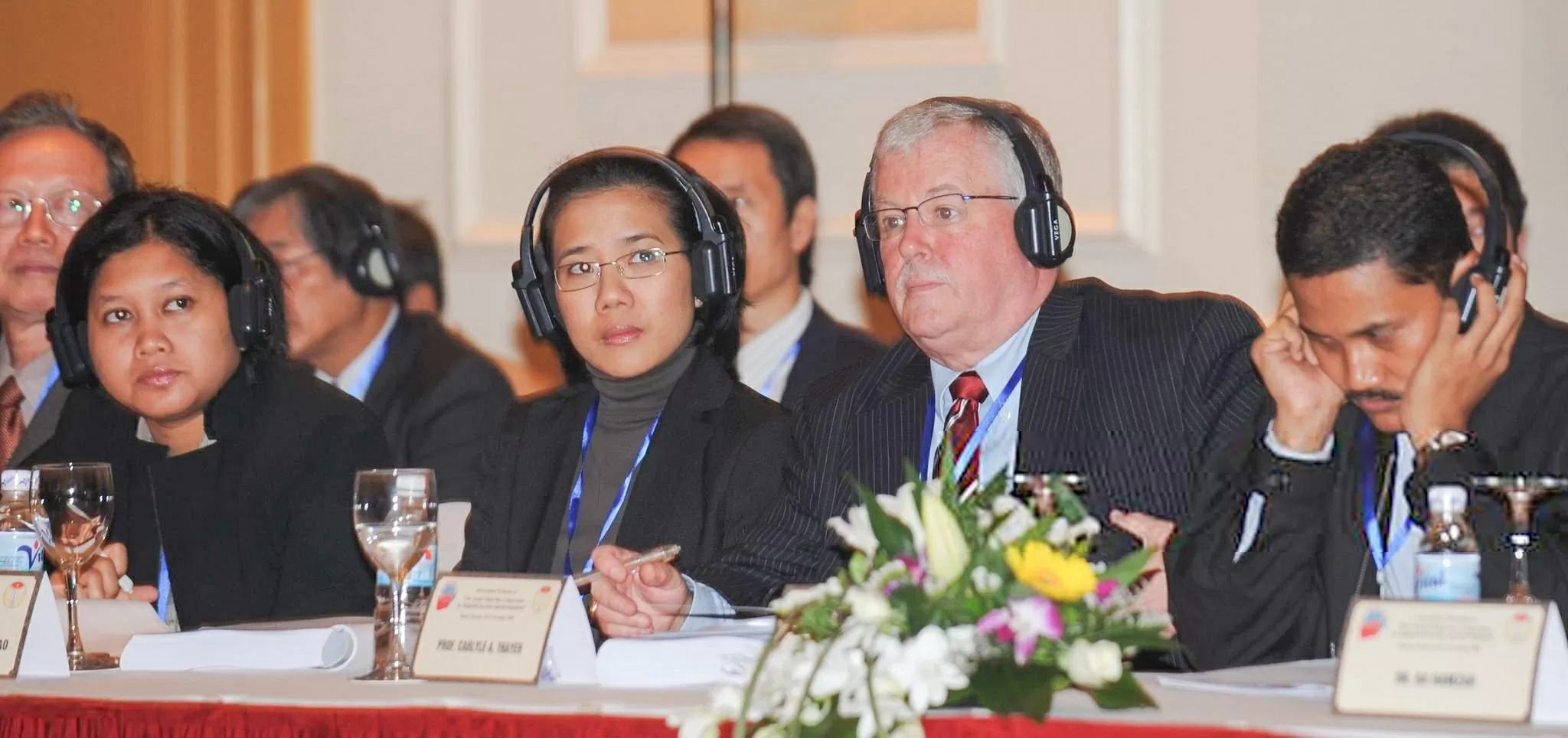 |
| Professor Carlyle A. Thayer (second from right) at a conference on Vietnam. (Source: Getty Images) |
Opening the way for integration
At the 6th Party Congress (December 1986), Vietnam initiated the Doi Moi policy, in which the Political Report of General Secretary Truong Chinh emphasized the need to expand and improve the effectiveness of foreign economic relations - opening up the process of deep regional and international integration.
Another important milestone was in May 1988, when the Politburo issued Resolution No. 13/NQ-TW "On foreign affairs tasks and policies in the new situation". The resolution pointed out that "economic weakness, isolation, and embargo are major threats to the country's security and independence". Therefore, the priority task is to build a strong economy, solid national defense, and expand international cooperation. Resolution 13 of the Politburo also emphasized the foreign policy of multilateralization and diversification - in the spirit of "making more friends, fewer enemies". At the same time, it identified strategic tasks: resolving the Cambodian issue once and for all, normalizing relations with China and the US, strengthening relations with ASEAN, Japan, and European countries, etc.
Resolution 13 is considered a major milestone in the process of renewing Vietnam's foreign policy thinking. Since then, all subsequent Party Congresses have continued to affirm and supplement this policy. At the 7th Congress (June 1991), the Political Report affirmed that Vietnam would "diversify and multilateralize economic relations with all countries and economic organizations...".
The political report at the 7th Congress also stated: "We advocate equal and mutually beneficial cooperation with countries regardless of their political and social regimes, on the basis of the principles of peaceful coexistence." Vietnam's goal is to develop friendly relations with Southeast Asian and Asia-Pacific countries, mutually beneficial cooperation with Northern and Western European countries, Japan and other developed countries, and normalize relations with the United States...
The next step in foreign policy development took place at the 8th Party Congress (mid-1996). At this Congress, for the first time, delegations from the ruling parties of Cambodia, Malaysia and Singapore attended. The political report assessed that the scientific and technological revolution was developing rapidly, promoting productive forces and accelerating the globalization of the economy and social life. Therefore, Vietnam needed to "strengthen relations with neighboring countries and ASEAN, consolidate relations with traditional friends, and attach importance to relations with developed countries and world political and economic centers".
The 9th Party Congress (April 2001) continued to affirm: Vietnam wants to be a friend and a reliable partner of all countries" through a policy of diversification, multilateralization, prioritizing relations with socialist countries, neighbors and traditional friends. The 10th Congress (April 2006) determined that Vietnam: implements an open, multilateral, diversified foreign policy, proactively integrates into the international economy, and at the same time expands cooperation in other fields. Since the 10th Party Congress, two main trends have become increasingly prominent: Proactively integrating into the international community and building a comprehensive network of strategic partnerships.
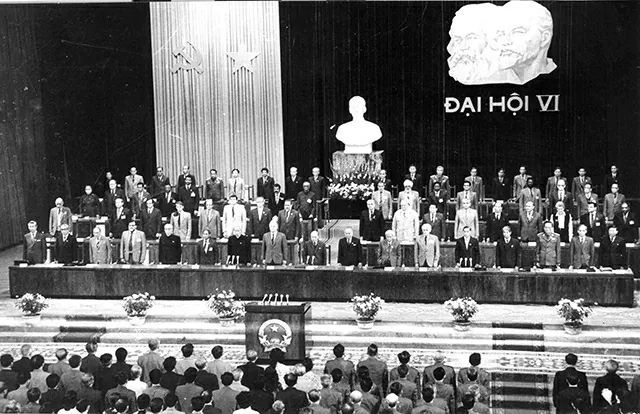 |
| At the 6th Party Congress (December 1986), Vietnam initiated the Renovation policy. (Photo courtesy) |
Comprehensive diplomacy
At the 11th Party Congress (January 2011), the commitment to international economic integration was expanded, and for the first time, the requirement to implement commitments in new generation FTAs was raised. The Congress also affirmed the importance of strategic partners and major powers in national development, while adding a new element: Participation in multilateral defense and security mechanisms - especially ASEAN and UN peacekeeping operations.
The 12th Party Congress (2016) first introduced the concept of "comprehensive diplomacy" with three pillars: Party foreign affairs, State diplomacy and people-to-people diplomacy. The Congress also emphasized international economic integration through the Comprehensive and Progressive Agreement for Trans-Pacific Partnership (CPTPP), the Regional Comprehensive Economic Partnership (RCEP) and the Vietnam-EU Free Trade Agreement (EVFTA).
At the 13th Party Congress (2021), Vietnam once again affirmed its foreign policy of independence, self-reliance, multilateralization, and diversification; being a friend, a reliable partner, and an active and responsible member of the international community. A new point is to emphasize the role of foreign affairs in building a comprehensive national development strategy, while affirming the continued implementation of the "four no's" policy in national defense.
In summary, 80 years of development of Vietnam's diplomacy has continuously enhanced the country's position and prestige in the international arena, increasingly affirming the role of a strongly rising middle-ranking country. Vietnam currently has diplomatic relations with 194 countries, expanding its network of comprehensive partners, strategic partners and comprehensive strategic partners to 38 countries, twice serving as a non-permanent member of the United Nations Security Council, three times holding the ASEAN Chairmanship, becoming the tenth partner of BRICS. Vietnam has signed trade agreements with more than 60 countries and economies and is a member of 70 international and regional multilateral organizations.
Source: https://baoquocte.vn/80-nam-ngoai-giao-viet-nam-mot-hanh-trinh-dac-biet-328304.html





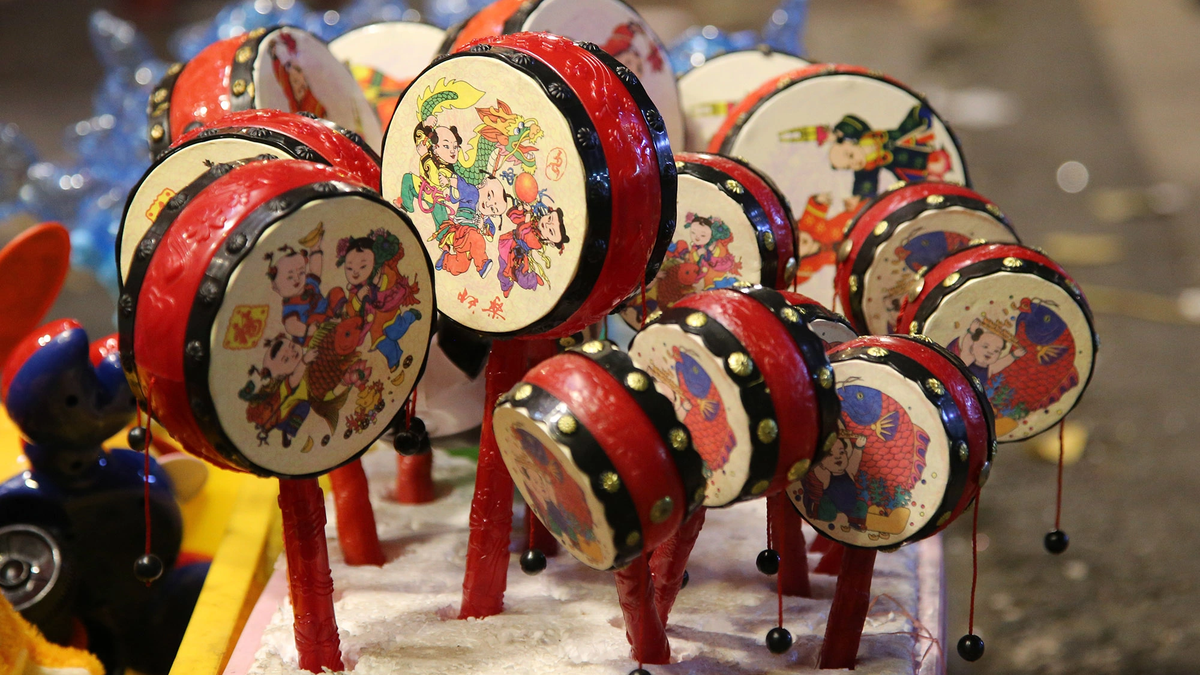


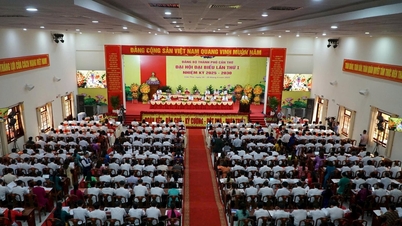









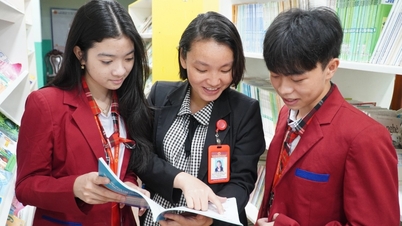














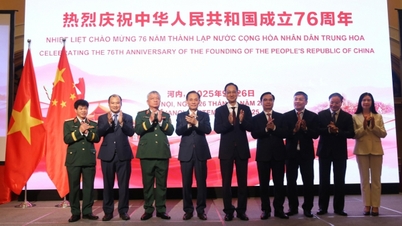
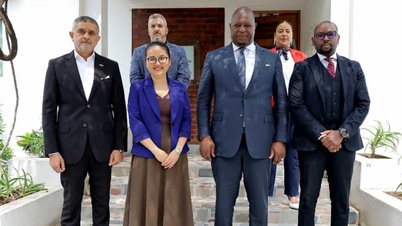

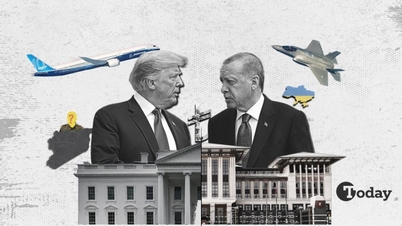





![[Photo] Soldiers guard the fire and protect the forest](https://vphoto.vietnam.vn/thumb/1200x675/vietnam/resource/IMAGE/2025/9/27/7cab6a2afcf543558a98f4d87e9aaf95)























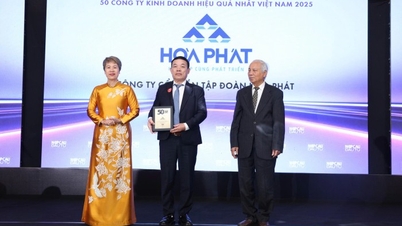





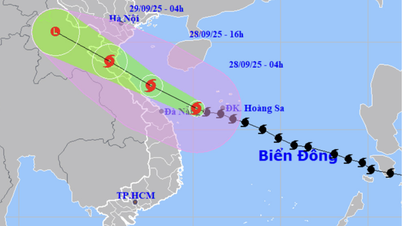

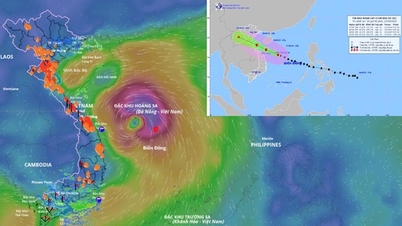




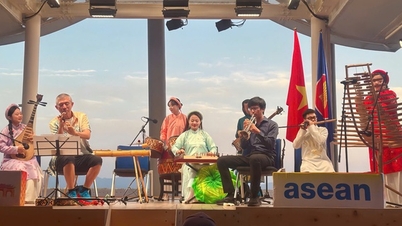

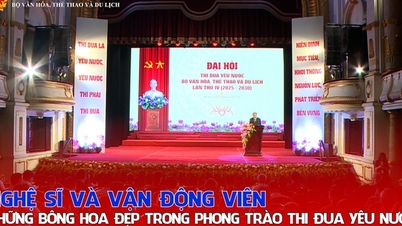






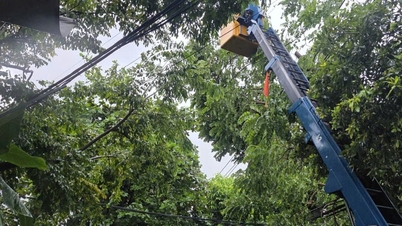


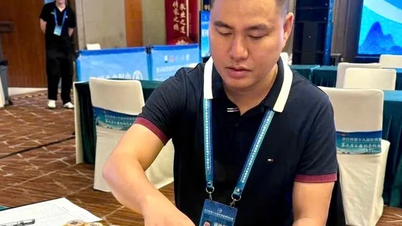

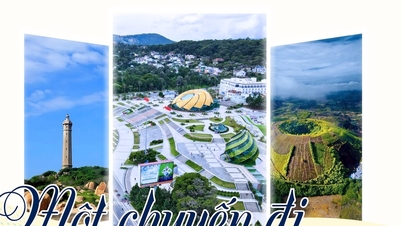



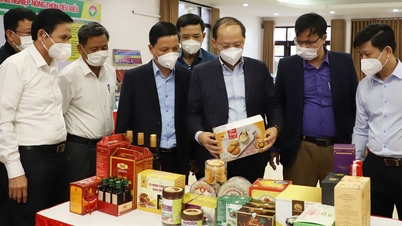










Comment (0)